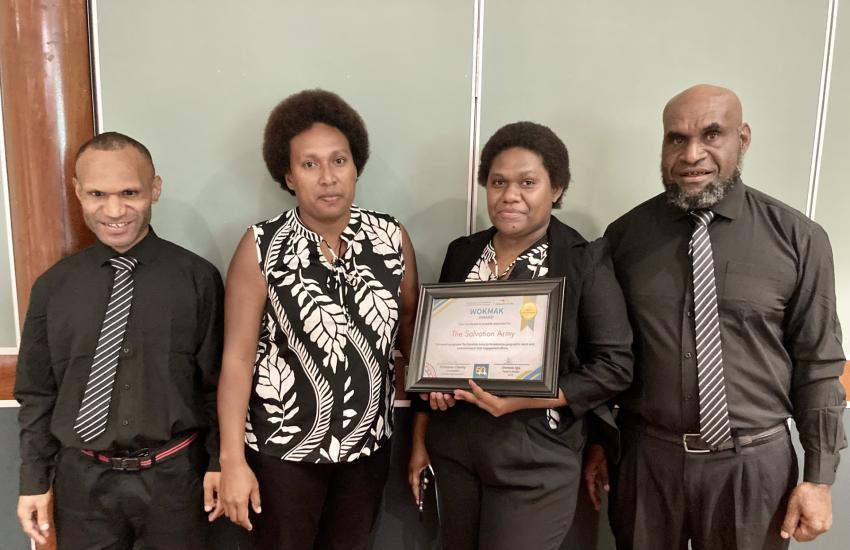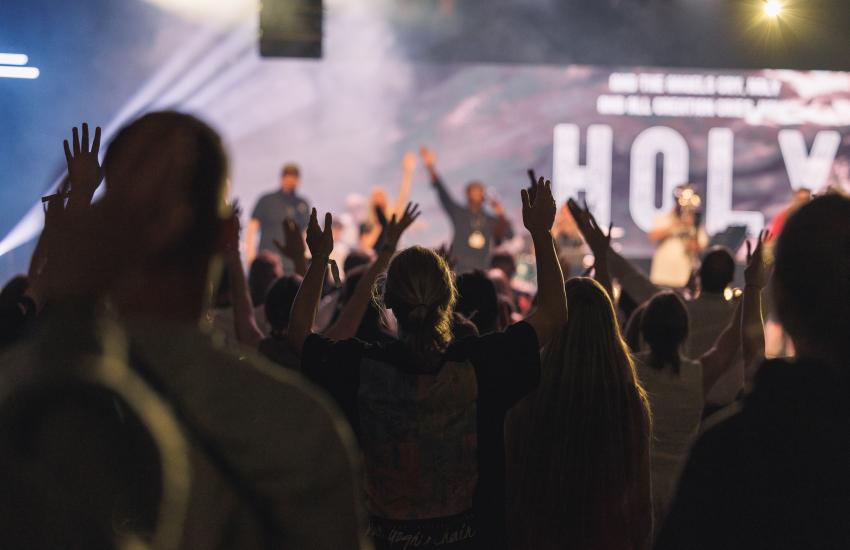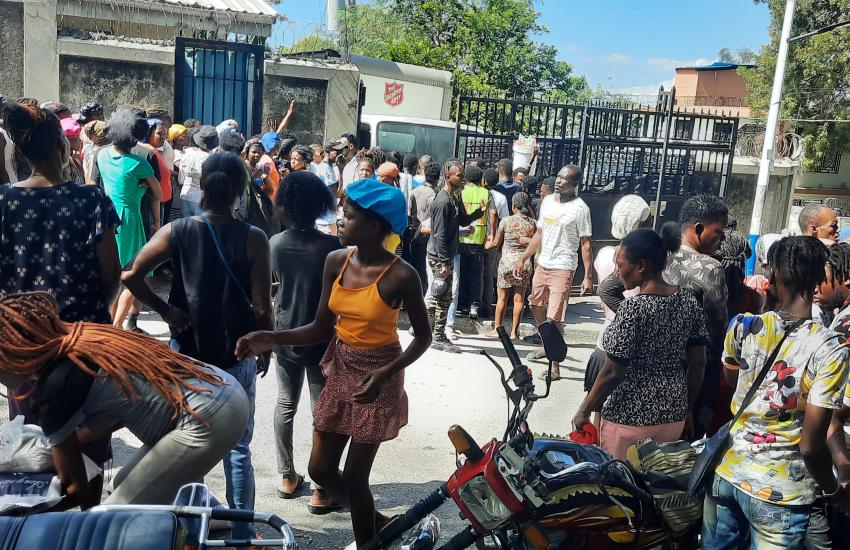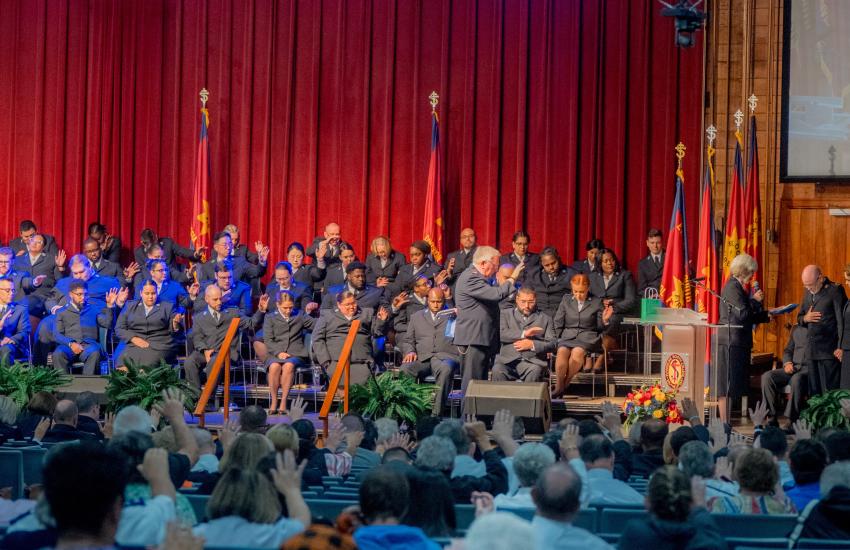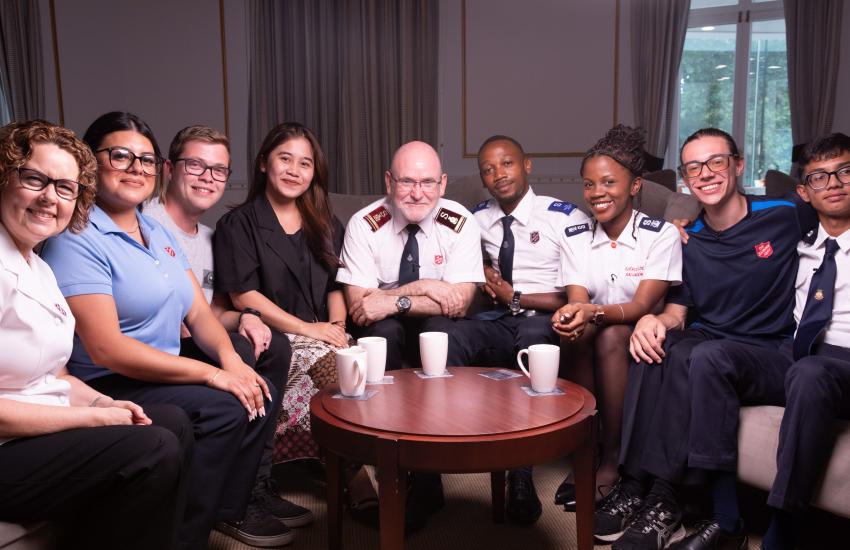SALVATION Army emergency services team members in Vanuatu are conducting needs assessments as they decide how best to provide assistance. The team of four is working closely with the government and in partnership with other agencies, with a growing likelihood that a distribution of food and other essentials will be the first element of the response.
Damaris Frick (Field Operations Officer, International Emergency Services) explains: 'After having attended a number of coordination meetings with the government and the United Nations cluster system – and having visited to some affected communities – we are starting to get our heads around things. The government is taking an active role in the disaster relief efforts, and is planning a major blanket and food distribution (for all the population) this week. It is likely that additional food items will be needed, which we are working on.
'We are also investigating other potential areas of intervention but there is a number of non-governmental organisations operating in the country and we want to make sure that we don't duplicate efforts.'
The team is are trying to secure a trip by plane or boat to the southern Vanuatu, where there are reports of people in desperate need of assistance.
Team member Major Darren Elsley, from Australia Eastern Territory, adds: 'At the evacuation centre I met Rosie, whose house was washed away when the local creek flooded during the night. She went back the morning after the cyclone after sheltering with 200 others in a local church, but could not find her home. It had completely disappeared – only mud and twisted trees remained where her house once was. Her poultry and pig were nowhere to be found. “I am very sad," she told me, "but also very happy that my family is safe.”
'Another family of six at an evacuation centre told me that when they returned to their house, it had collapsed and was “completely flat”. They go back each day after eating and sleeping at the evacuation centre, to find any bent corrugated iron sheets that remain strewn around the street and in trees that were once the walls and roof of their house. “We try to put it back together," they say, "but we cannot find everything.”'
Report by IHQ Communications
International Headquarters
